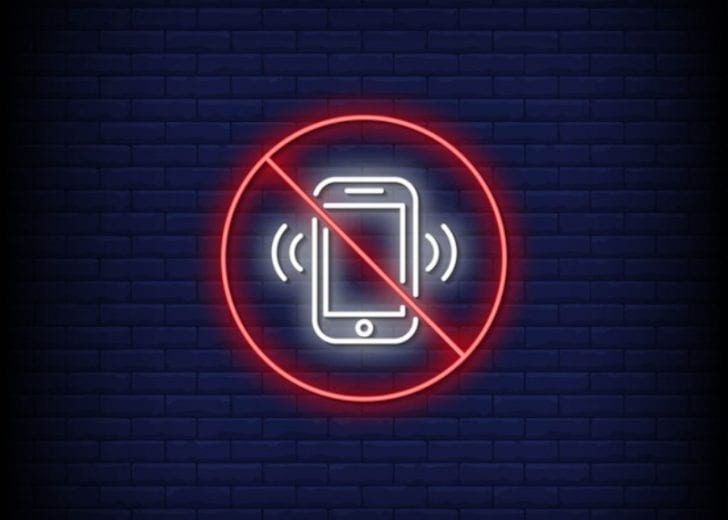“Mind your manners” but good manners have changed a lot, due to technology and a faster pace of life. Working from home, the phone remains an important part of professional life. For those telecommuting part-time, the level of professionalism you inject in the office reflects your work ethics and forms the basis for assumptions about how you work at home without special rules for good phone manners, as opposed to your office career. Business phone manners used at work are appropriate for your personal life with minimum background noise to reduce stress while on the phone at work or at home. Often conducted at home, job interviews must convey your professionalism. While rules for good phone manners don’t vary between home and work, at home, the children learn telephone etiquette by us setting examples.
Always turn your phone off at work

Every person with a mobile phone knows its utility value, connecting individuals to people world-over, enable conducting business from multi-locations, besides providing entertainment. At work, mobile phones are convenient to communicate easily with friends and family members. However, mobile phones enhance time wastage, causing distractions, and even loss of human life. At work, it is advisable to switch off your cell phone. The following reasons justify turning off mobile phones during work:
Enables the brain to work better
It is scientifically proved that our brains are not geared for multitasking, but are able to switch quickly from one task to another. Mobile phones at work are good for generating positive stimulation for the brain. But, stimulating the brain ensures lower productivity. Switching off cell phones at work, makes employees’ brains work efficiently and be more productive.
Enhances decision making

Having mobile phones encourages ‘helicopter management’. This management system has employees constantly communicating with bosses. This allows bosses all decision-making powers in the organization, as the employees can address queries in real-time, undermining their development and ensure them becoming poor managers. Switching off mobile phones reduces communication between employees and bosses thereby enhancing their decision making.
Push for efficiency
Switching off phones enhances employees’ capabilities to make decisions. This would make the decision-making process smoother, as employees need not rely on bosses for all decisions. This saves time, as most employees know what to do when faced with certain challenges. It can increase organisational efficiency.
Enhances the customers’ satisfaction
According to research, 60% people spend more time on phones than with other people! In an organization, this affects their reputation, as it reduces customer satisfaction. Switching off mobile phones at work ensures more employee engagement with customers to enhance satisfaction levels.
Open employees to new opportunities

Mobile phones reduce live engagement with colleagues, customers, and managers as a person who spends time on a mobile device, reduces any face-to-face interaction with others. Switching off these mobiles enables others to initiate a conversation with others, opening up opportunities for positive developments. An employee is possibly busy identifying clients on LinkedIn, while the person needed is a regular customer at work.
In conclusion, despite mobile phones enhancing accessibility, they may distract at work and switching them off at work, is beneficial for enhancing efficiency, delivering customer satisfaction, besides opening new opportunities to employees, betters decision-making and permits better functioning of the brain.




